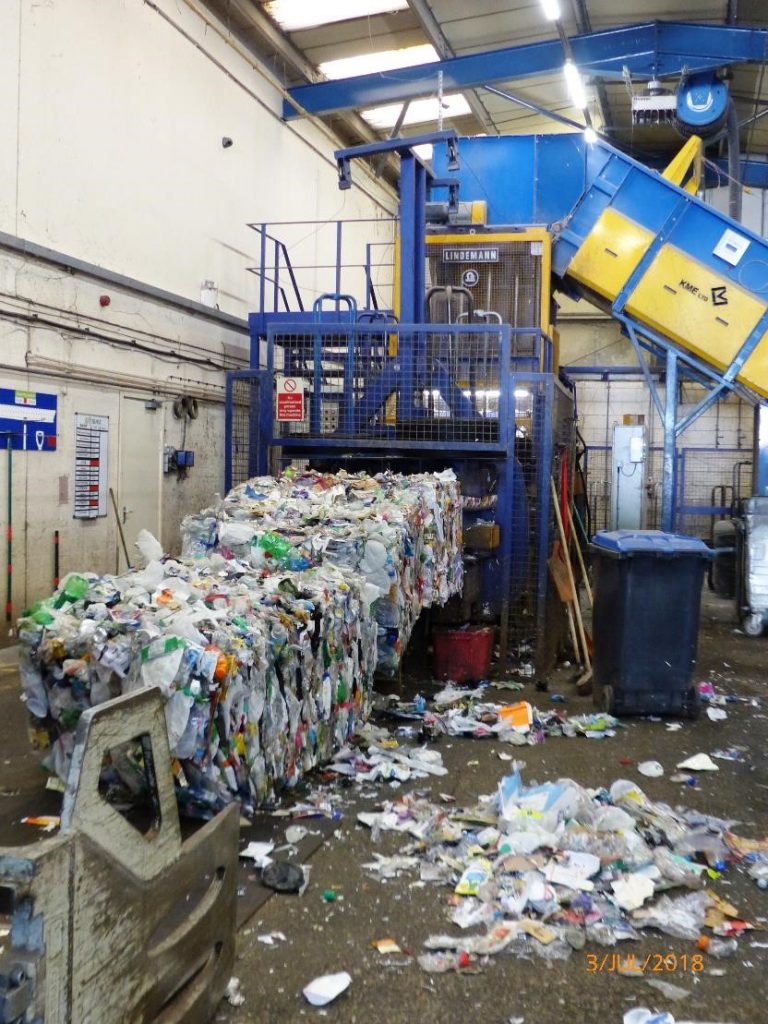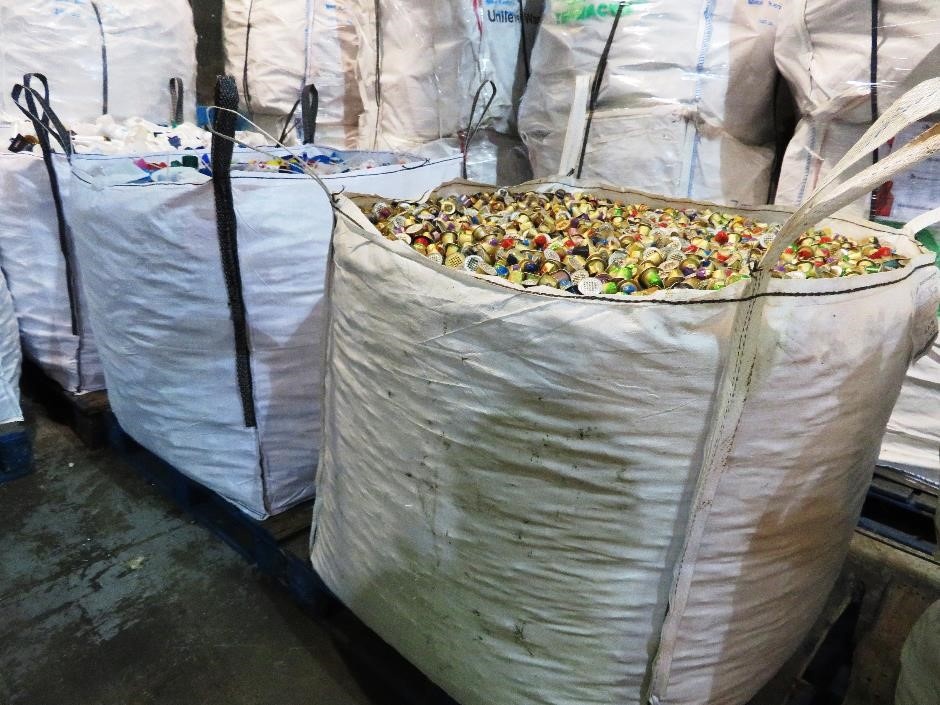The day job must still be delivered despite Brexit and policy change
1st March 2019
Posted by Dr Adam Read.
Even though my role requires me to lead on consultation responses, government liaison and external relations on behalf of SUEZ in the UK, I do over the course of the year spend quite a bit of time with clients. 
This can be running workshops, looking with our partners at new strategies and opportunities and testing ideas at events- both national and regional.
And this past few weeks has been quite comforting in this respect, despite Defra launching its three major consultations (on DRS, EPR and consistent collections) linked to its new Resources & Waste Strategy, and HM Treasury having done similar with their proposed 30% recycled content tax.
It has been good to get out and about talking about a range of issues some more short term, and others more strategic, whilst some have concerned the consultations, and others have been more operational and tactical in dealing with the here and now.
What always impresses me when I am with clients, peers, and industry stakeholders alike is just how resilient we all are, ploughing on with the day job (keeping collections running, dealing with complaints, transforming wastes into secondary products, innovating packaging, and building infrastructure for example).
The consultations would stretch any organisation, no matter how large their resources, manpower and foresight. In total there are 450 pages of proposals across the four consultations, with 250 questions to respond to, plus another 170 plus pages of impact assessments to wade through.
Thankfully, we have been given the full 12 week consultation period, but given the complexities of some of the proposed changes; EPR governance and funding models, parallel DRS solutions, changes to on-pack labelling and proposals about what is collected and when. we will need all of that time to read, re-read, discuss and confirm our many positions and concerns. Thankfully Defra have committed to running a number of workshops to help focus discussions and encourage all stakeholders to submit responses.
 Digging deeper, and helping hands
Digging deeper, and helping hands
I have already participated in a CIWM organised event to drill down into some of the issues surrounding EPR, DRS and consistency of collections, with 40 stakeholders from all parts of the value chain using the day to dig into the documents, look at the proposed models and consider how they fit together in terms of priorities, timeframes and impact. CIWM are planning a series of similar regional events, so watch out for these in the coming weeks.
In a similar vein, I co-hosted a SUEZ workshop for local authorities last week to look in a bit more detail at some of the uncertainties from our perspective in the proposals and to test with a range of public sector officers a number of ideas and options.
Our full day workshop focused on the new targets, the role of DRS, EPR and consistent collections in delivering municipal recycling targets, and what a realistic trajectory should be for performance and targets between 2020 and 2035.
We are running a second of these workshops, to tease out some other key issues at the end of March in London, so if you are interested, let me know.
We are still getting on with the day job
But for all the strategy and long-term policy debate, there have been plenty of more immediate, short term discussions and meetings that have grounded me. After all we can’t solely focus on a world post 2023 when the planned changes to EPR come into force. We need to make sure that the sector is progressing well in the interim and transition period.
I have also spent time with the Cambridge City Leaders Climate Change Group where we looked at delivering real closed loop recycling, local reprocessing and implementing circular economy business models (renting, service provision rather than consumption, green procurement etc.) There is so much enthusiasm out there for reuse, repair and repurposing that needs to be harnessed and shared.
 And in the last few days I have participated at the Energy from Waste Conference 2019, which for all the proposed policy interventions and promises of a new world of resource harvesting, confirmed both the immediate need for investment in upgrading old sites and the need for at least another 10 major EfW sites to help underpin the transition to a high recycling (and low waste economy) in 2035 and beyond.
And in the last few days I have participated at the Energy from Waste Conference 2019, which for all the proposed policy interventions and promises of a new world of resource harvesting, confirmed both the immediate need for investment in upgrading old sites and the need for at least another 10 major EfW sites to help underpin the transition to a high recycling (and low waste economy) in 2035 and beyond.
This confirms our own thinking on a transition period, and explains why we are developing our new Line 6 at Teesside and have a planning application for a new EfW plant in Darwen.
Even Defra in its consultation evidence documents acknowledge the clear gap that will exist in residual waste treatment capacity until 2035, and that is without the concerns that surround ongoing RDF exports post-Brexit.
If the UK is to become a global leader in resource management, in line with Defra commitments, then we need to reduce our reliance on fuel imports, overseas recyclate and RDF markets and put more of this material into productive use in new UK economic growth sectors.
This is both an immediate challenge, but also a long term policy issue that we must reflect in our consultation responses, which brings me back full circle to where I started.
This blog was originally published on http://www.recyclingwasteworld.co.uk on 01 March 2019.
Tweet